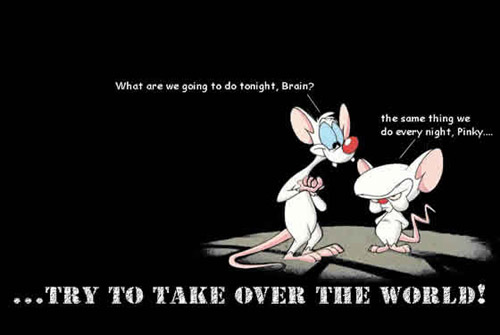I have posted a link to a blogger who lives in Baghdad. His blog is titled "Where Date Palms Grow" and is located right under "Treasure of Baghdad." He posted a very disturbing account of some developments in Baghdad yesterday--some of which are talked about in the American Media, but he provides a "boots on the ground" point of view that is invaluable.
A Sunni politician had his house raided last night, and some of the upheaval has to do with this. I think this blog is excellent, and would recommend it to students who are doing any of the topics for your paper. And I would recommend it to anyone else as well!
I'm struck by how many Iraqis blog in English, their great command of English (including idiomatic expressions), and how beautifully they write. I would dare say that not many of us, native non-Arab citizens, could post such blogs in Arabic (or Farsi). When a professor at our university proposed to teach Arabic (he taught in another department) to students at no extra cost, he was turned down. This decision amazed me. Arabic and Chinese are two of the languages most in demand around the world, not just for the United States' purposes. In Brazil, there are a multitude of "Chinese Language Schools," which are highly in demand, so that those in business can communicate with the Chinese, the largest growing market in the world. The same goes for Arabic. I would venture to say that besides Spanish, Arabic and Chinese would be the languages to learn, starting in either elementary or middle school. Also, those who study foreign languages do so much better in English courses--because they know the parts of speech, can see grammatical strutures that work and don't work, and in general are more savvy about language arts. And like reading, speaking another language builds the ability to understand abtractions, which helps not only in language, but in math (which is a language, only with different symbols, if you think about it).
But we don't encourage other language arts in our schools, and this is to our great detriment. If I were a Chinese business person, I would probably be more impressed with a Brazilian that spoke even elementary Chinese than an American who assumed that I either spoke English or had to have a translator. The Brazilians' efforts to learn Chinese should be a wake up call to International Business majors. . .



